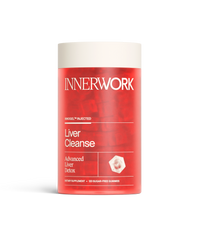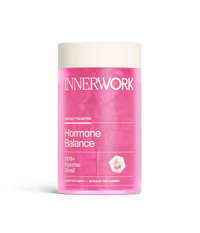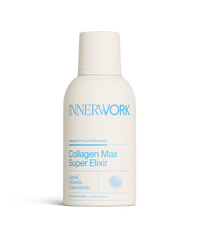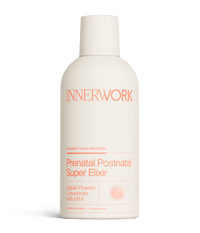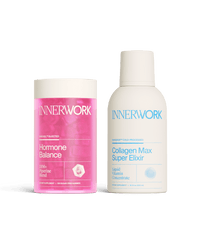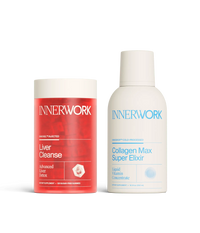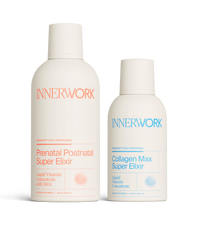In the realm of beauty supplements, collagen has emerged as a standout player. While often associated with skin health and joint function, its benefits for hair and nails are frequently overlooked. It's time to explore collagen's role in enhancing lustrous locks and enviable manicures.
Collagen doesn't directly become hair or nails. However, it plays a crucial role in their production and maintenance. Hair is primarily made of keratin, and the production of this protein relies heavily on collagen. The dermal layer of the scalp, where hair follicles reside, is primarily composed of collagen. As we age and collagen production naturally declines, this layer thins out, leading to hair follicle miniaturization. Collagen may also help combat free radical damage to hair follicles, acting as a protective agent against cellular damage.
Nails, like hair, are primarily composed of keratin. The nail bed, where nail growth begins, is rich in blood vessels and connective tissue - both of which rely heavily on collagen. Studies have shown that collagen supplements can increase nail growth rate and decrease brittleness. Collagen also plays a crucial role in maintaining the health of the skin around the nails.
For years, biotin has been touted as the go-to supplement for hair and nail health. However, recent studies have shown that biotin supplementation might not be as effective as once thought, especially for those who aren't deficient. Collagen, on the other hand, provides a more comprehensive approach, supporting not only hair and nail health but also skin health, joint function, and gut health.
Collagen is rich in specific amino acids that play crucial roles in hair and nail health. Proline is a key component of keratin. Glycine is essential for collagen production and has antioxidant properties. Arginine helps improve blood circulation to hair follicles and nail beds.
The body's ability to absorb and utilize collagen declines with age. However, certain nutrients can enhance collagen absorption. Vitamin C is crucial for collagen synthesis. Copper is a cofactor for an enzyme involved in collagen production. Hyaluronic acid helps create an environment where collagen can thrive.
Not all collagen supplements are created equal. Hydrolyzed collagen, which has been broken down into smaller, more absorbable peptides, is considered the most effective form for supplementation. Innerwork's Collagen Max Super Elixir stands out due to its hydrolyzed formulation that enhances absorption. Innerwork's collagen is loaded with collagen enhancers and is free from sugar and artificial sweeteners, making it a healthier option for gut health, which indirectly supports hair and nail health by ensuring efficient nutrient absorption.
While supplementing with collagen is an excellent way to support hair and nail health, integrating other lifestyle habits can amplify the benefits. A balanced diet rich in vitamins and minerals, adequate hydration, and reducing exposure to environmental stressors can further protect and nourish hair and nails. Regular scalp massages to stimulate blood flow, along with gentle nail care practices, can also complement collagen supplementation.
Collagen is a fundamental protein that supports the health of hair and nails at the cellular level. From strengthening brittle nails to enhancing hair thickness and resilience, collagen provides essential nutrients that go beyond surface-level benefits. As research continues to uncover the broader implications of collagen supplementation, it becomes increasingly clear that this protein is a cornerstone of holistic beauty and wellness.
For those looking to improve the health of their hair and nails, choosing a high-quality collagen supplement like Innerwork's Collagen Max Super Elixir could be a transformative step toward stronger, healthier, and more radiant beauty from the inside out.
References:
[1] Hexsel, D., et al. (2017). Oral supplementation with specific bioactive collagen peptides improves nail growth and reduces symptoms of brittle nails. Journal of Cosmetic Dermatology, 16(4), 520-526.
[2] Shuster, S. (2005). Osteoporosis, a unitary hypothesis of collagen loss in skin and bone. Medical Hypotheses, 65(3), 426-432.
[3] Tanaka, M., et al. (2018). Effects of Collagen Peptide Ingestion on UV-B-Induced Skin Damage. Biomolecules, 8(4), 136.
[4] Proksch, E., et al. (2014). Oral supplementation of specific collagen peptides has beneficial effects on human skin physiology: a double-blind, placebo-controlled study. Skin Pharmacology and Physiology, 27(1), 47-55.
[5] Patel, D. P., et al. (2017). A Review of the Use of Biotin for Hair Loss. Skin Appendage Disorders, 3(3), 166-169.
[6] Shoulders, M. D., & Raines, R. T. (2009). Collagen structure and stability. Annual Review of Biochemistry, 78, 929-958.
[7] Wang, W., et al. (2013). Glycine metabolism in animals and humans: implications for nutrition and health. Amino Acids, 45(3), 463-477.
[8] Gad, M. Z. (2010). Anti-aging effects of L-arginine. Journal of Advanced Research, 1(3), 169-177.
[9] Pullar, J. M., et al. (2017). The Roles of Vitamin C in Skin Health. Nutrients, 9(8), 866.
[10] Tapiero, H., et al. (2003). Trace elements in human physiology and pathology: copper. Biomedicine & Pharmacotherapy, 57(9), 386-398.
[11] Papakonstantinou, E., et al. (2012). Hyaluronic acid: A key molecule in skin aging. Dermato-endocrinology, 4(3), 253-258.

